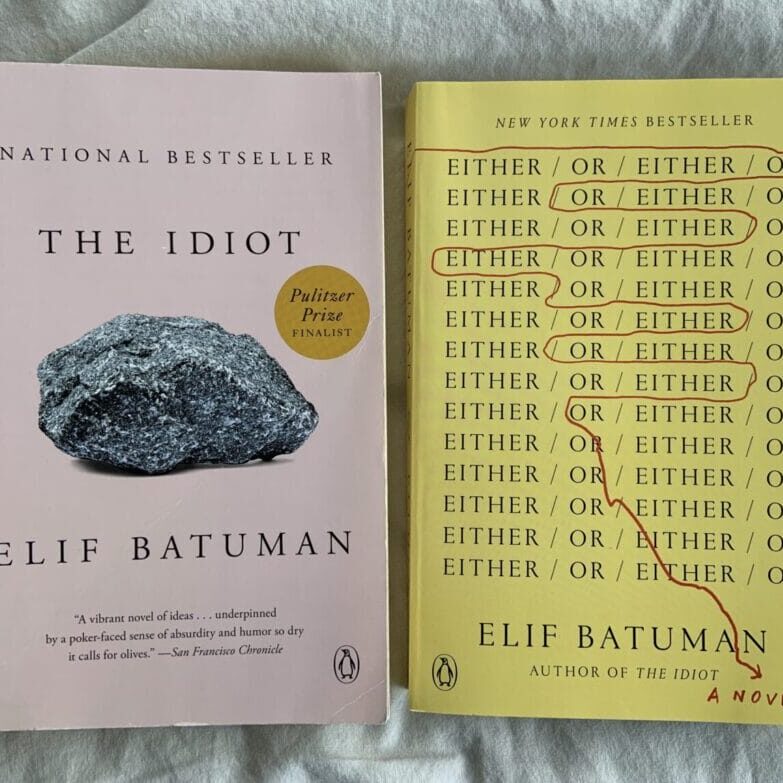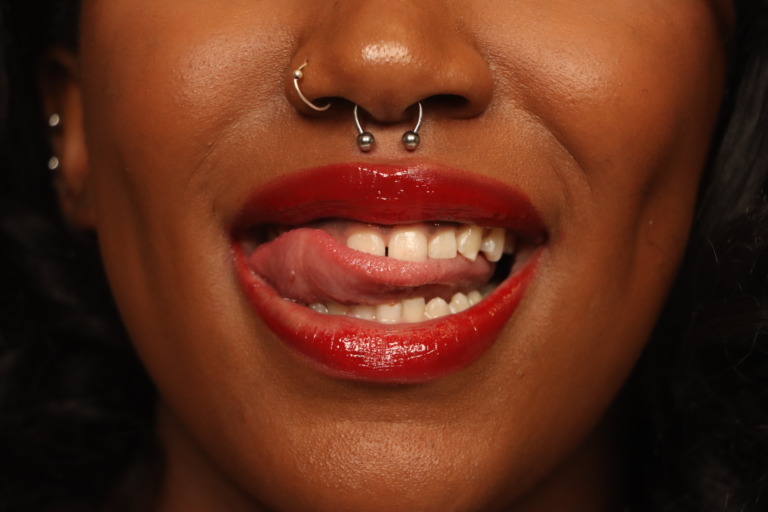
The Idiot and Either/Or
An exploration of Elif Batuman’s best selling novels
For me, contemporary fiction is the most hit-or-miss genre out there, so it’s a big deal when I find a hit. Even more rare are two consecutive hits in a row. Such was the case with Elif Batuman’s The Idiot and Either/Or.
In this article, I will review both books, summarizing their plots, writing style and major themes while providing my personal opinions.
The Idiot (2017) by Elif Batuman
The Idiot by Elif Batuman—a Pulitzer Prize finalist—is a semi-autobiographical coming-of-age novel about the protagonist Selin’s first year at Harvard University.
Set in the mid-1990s, her freshman year coincides with the emergence of the internet and email, over which she forms a unique relationship with one of her older classmates, Ivan.
Ivan exchanges a series of geeky and metaphoric emails with Selin while avoiding conversation with her in real life. Gradually, Selin develops feelings for Ivan who reciprocates by flirting and stringing her along despite being in a relationship with another girl—not an uncommon university experience.
Ivan plants the idea for Selin to do an exchange program in Hungary where he will be spending the summer. She agrees to do so in order to get closer to him. Selin spends the summer teaching English to children in a rural Hungarian village, and the novel ends as Selin returns to school in the fall.
Writing style and structure
Batuman writes with an unconventional but enjoyable style which consists of short paragraphs and passages. Her use of sarcasm and dry humour in the first-person narration and the dialogue between characters made me laugh out loud more than once. Whether depicting Selin’s inner thoughts and emotions or narrating an event in the plot, the abrupt transitions between passages highlight the absurdity of the interactions and experiences that take place.
Use and themes of language
Two of the main themes explored by Batuman are language and literature. Selin is bilingual, speaking English and Turkish. She also decides to take Russian classes at school and starts learning Hungarian during her time abroad.
The etymologies and structures of these four languages are a recurring motif. They support the overall theme of the nuances of human interaction, such as the discrepancies between words and meaning, and communication and miscommunication. Eventually, Selin’s over-analysis of Ivan’s messages and of other peoples’ words frustrates her to the extent of an existential crisis.
The title of the book is a direct reference to The Idiot by Fyodor Dostoevsky, and Batuman mentions several other classic works of literature throughout the text that mirror and are mirrored by Selin’s own feelings, experiences at school and relationships with others. Batuman also uses the themes of language and literature to point out the pretentiousness of academia.
Personal opinions
The Idiot is a slow burn and more concerned with understanding human nature than with plot development. Frankly, I was sometimes bored while reading it. Still, I found myself incapable of putting the story down.
Selin’s relationship with Ivan is so cringeworthy that this book caused me actual pain—Batuman’s injection of discomfort into the text and her writing style is so effective that it feels like real life.
I had never intended to read The Idiot; however, I decided to give it a chance when I found a copy at Value Village. The book ended up having a long-lasting effect on me. The reader is meant to be reflected through Selin; this is how Batuman gets the reader thinking.
Either/Or (2022) by Elif Batuman
Either/Or is the sequel to The Idiot and follows Selin into her second year at Harvard. Ivan has graduated and is no longer a physical character in the novel but he still plays a primary role in Selin’s life as she tries to overcome her feelings of betrayal. The plot is further developed by Selin’s active decision to lose her virginity and her exploration of and subsequent disappointment and disillusionment with sex.
Selin spends the summer after her second year travelling around her parents’ home country, Turkey, writing a brochure for a travel company.
Recurring themes
Either/Or employs the same writing style as The Idiot and shares the major theme of literature. The title of the book is a direct reference to Either/Or: A Fragment of Life by Søren Kierkegaard. Kierkegaard’s novel is what inspires Selin to philosophize about her own personality and moral standards and whether she wants to live a moral or aesthetic life.
Another major work of literature explored in the novel is Nadja by André Breton in which Selin also sees her relationship dynamic with Ivan reflected in the storyline.
In Either/Or, Selin describes how she wishes that she could write a book about Nadja “where [she] could explain each line, and how it applied in such a specific way to things that had happened in [her] life.”
Later on in the story, Selin applies the philosophies of Either/Or: A Fragment of Life to Nadja and compares them to her life. “The aesthetic life involved seducing and abandoning young girls and making them go crazy…What did you do if you were a young girl? Nadja had been a girl and had tried to live an aesthetic life. That had involved her being seduced and abandoned and going crazy…What were you supposed to do now: seduce and abandon men?… Something about the idea didn’t feel aesthetic.”
The relatability of Selin
Selin’s philosophical and existential contemplations in the above passages are almost excessive, yet they’re highly relatable and accurate to the inner workings of some teenage girls’ minds.
Selin is annoying: She is immature, self-righteous, self-indulgent, awkward and embarrassing; however, these traits are brutally truthful and very real aspects of the transition between girlhood and adulthood.
Despite her naivety and life inexperience, Selin is a perceptive observer of other people, which ties into Batuman’s exploration of the human condition. Unlike Sally Rooney and Ottessa Moshfegh, Batuman executes the likeable but also insufferable female protagonist character well.
The Idiot vs. Either/Or
I enjoyed reading Either/Or more than I enjoyed reading The Idiot, but in hindsight, they are equally good books. Although some people read Either/Or as a stand-alone book, I would highly advise reading The Idiot first. Batuman’s unique take on the coming-of-age story makes these books some of the best contemporary fiction on the market, and I can’t wait to see what she comes out with next.






